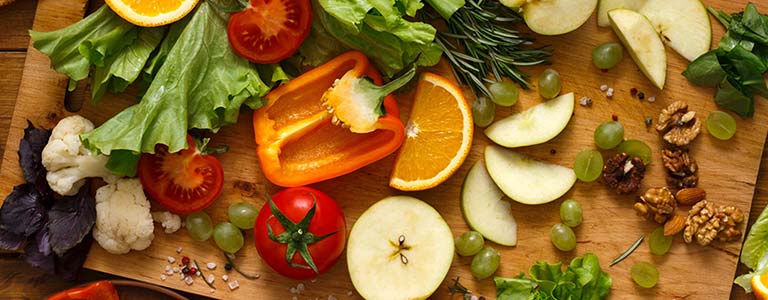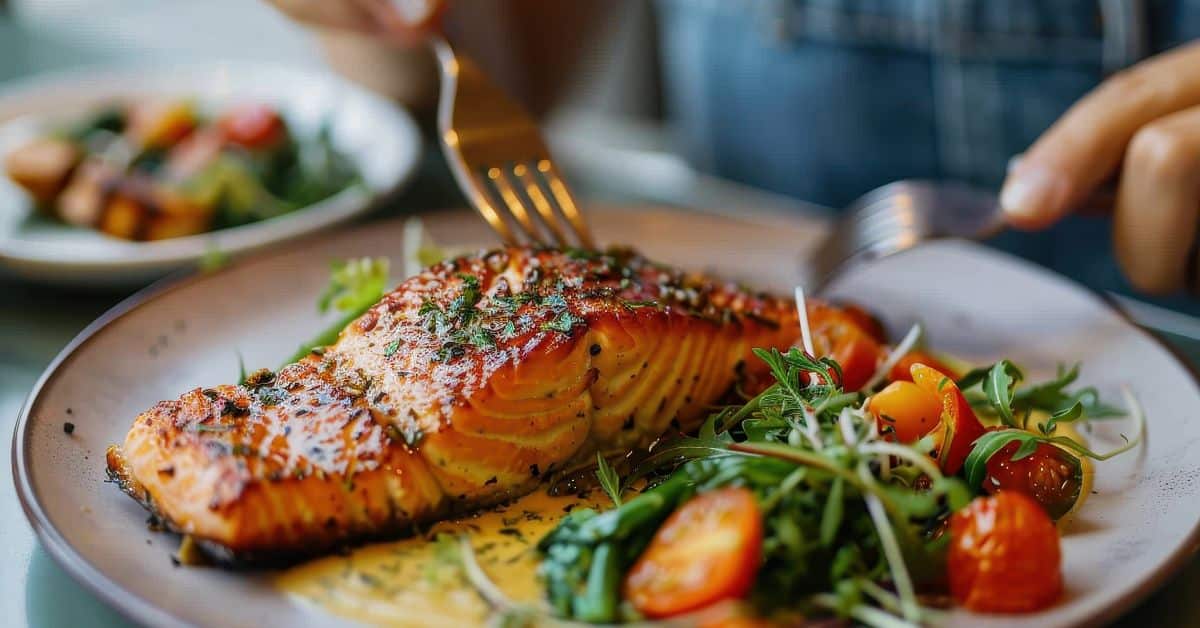American Medical Association Names Plant-Based Diet Part of Breast Cancer Prevention Strategy
This summer, the House of Delegates (HOD) of the American Medical Association (AMA) convened for its annual meeting in Chicago.[1] The HOD, which comprises 733 delegates, is the policy-making body of the AMA. As such, they have the potential to influence medical practice and reimbursement nationwide. Their annual meetings cover many topics, including, this year, … Continued














